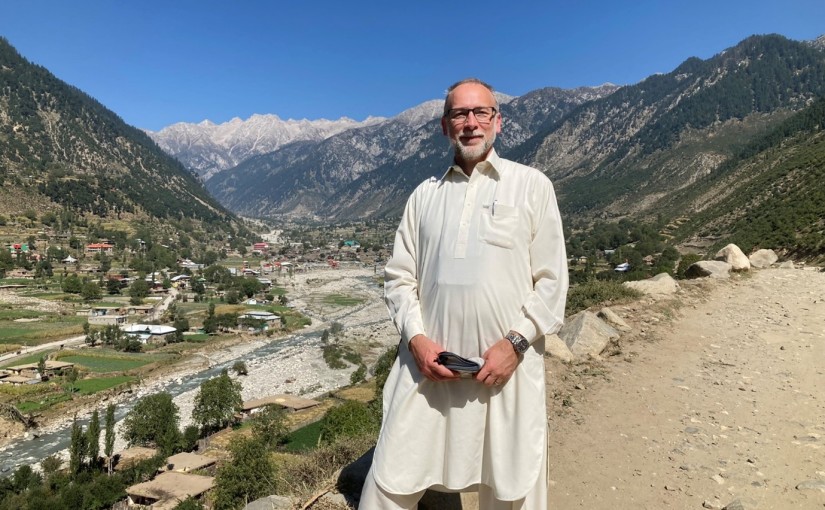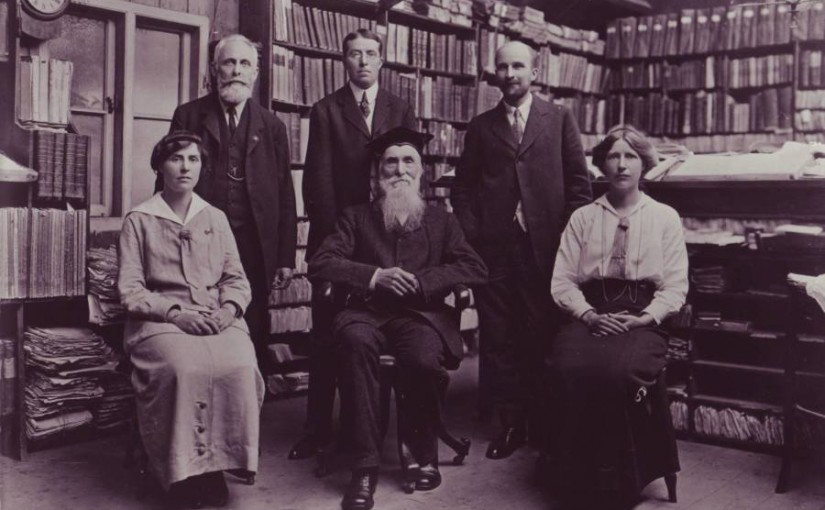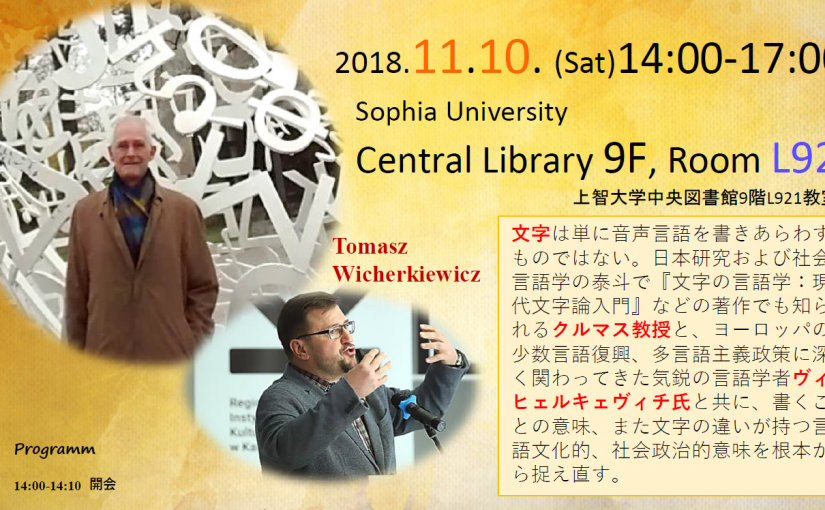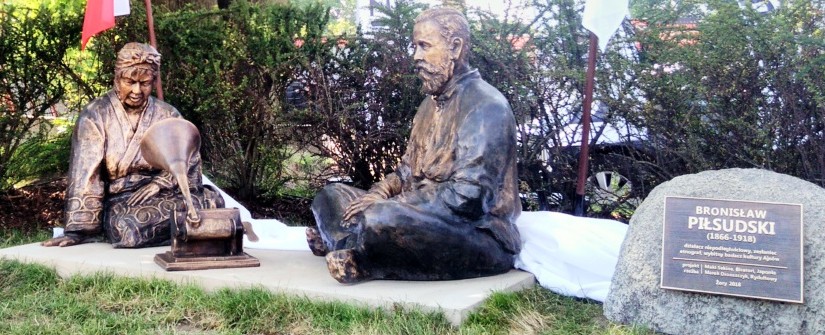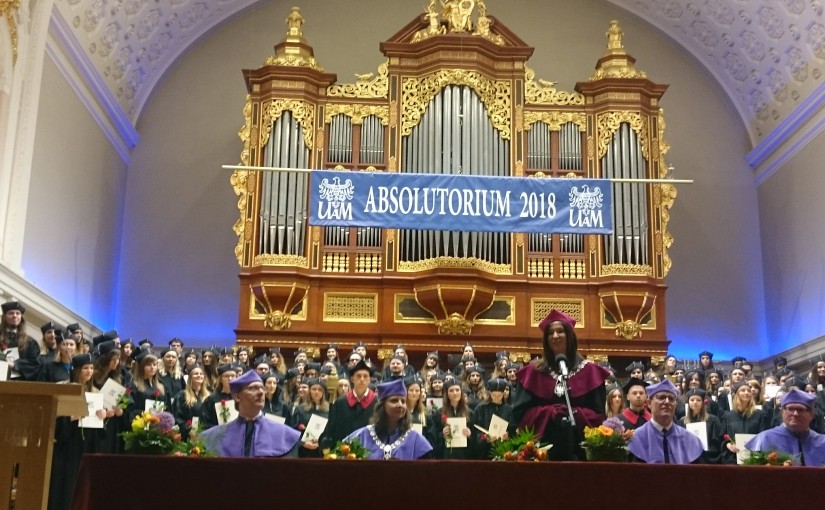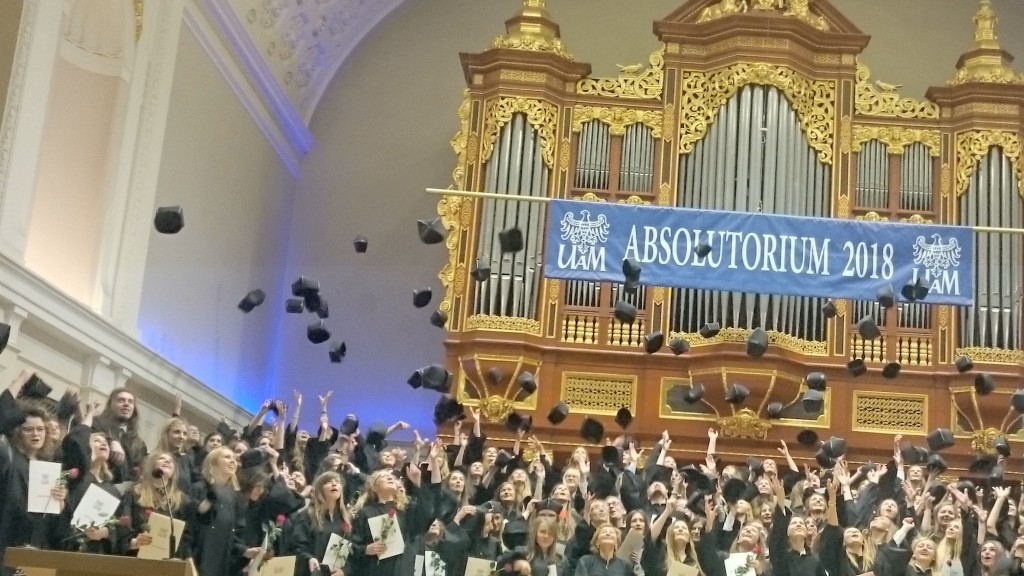We will start the academic year with two guest lectures by Prof. Henrik Liljegren from Stockholm University. Prof. Liljegren is a world-leading specialist in Hindukush languages. He has worked extensively on the documentation of languages in Pakistan and is the author of numerous publications, including a grammar of the Palula language.
Time: 6.10.2025 9.45-11.15; 11.30-13.00
Place: Collegium Novum; Room: C1
Abstract: Exploring undocumented and underdocumented languages in the Hindu Kush
In this module, I address some challenges and opportunities in exploring the linguistic worlds in the rugged Hindu Kush–Karakoram mountains of northern Pakistan and surrounding areas. It builds on more than 20 years of personal experience in fieldwork, documentation and description as well practical applications in developing written languages and in building regional awareness and capacity in community research. Some of the topics covered are: an overview over the linguistic landscape with more than 50 distinct languages; some crucial steps involved in pioneering fieldwork in the region; how language documentation can be done with and by the communities themselves; hands-on examples of interesting linguistic properties and some areal features; and illustrations of how language typology and modern methods can inform and aid systematic exploration and description of unusual linguistic phenomena.
Welcome!
